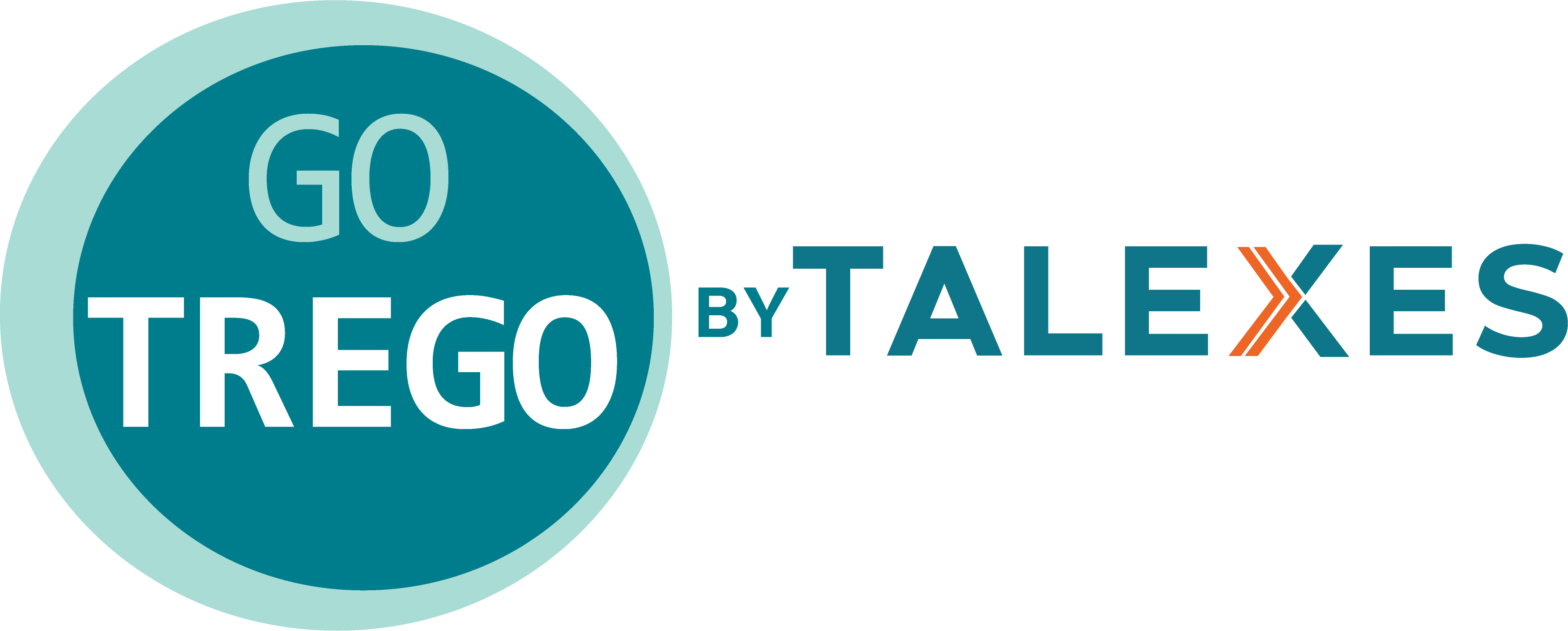In today’s fiercely competitive job market, making sound hiring decisions is paramount for organizational success. Pre-employment assessments have emerged as a game-changer, revolutionizing the hiring landscape by offering valuable insights into candidates’ potential and suitability. Here, we delve into seven key insights into how pre-employment assessments empower organizations to elevate their hiring strategies.
1. Objective Skills Evaluation:
Pre-employment assessments provide an unbiased evaluation of candidates’ skills and knowledge pertinent to the job role. Unlike traditional methods susceptible to unconscious biases, these assessments focus solely on candidates’ abilities, enabling objective decision-making and minimizing hiring risks.
2. Predictive Performance Analysis:
A significant advantage of pre-employment assessments lies in their predictive capacity to gauge candidates’ job performance. By scrutinizing candidates’ skills, cognitive abilities, and personality traits, assessments offer insights into their potential success in the role, mitigating the risk of misaligned hires and optimizing resource allocation.
3. Cultural Alignment Assessment:
Cultural fit is pivotal for organizational cohesion and productivity. Pre-employment assessments aid in identifying candidates who resonate with the company culture, fostering engagement and satisfaction. By evaluating personality traits and values, organizations can pinpoint candidates poised to thrive within their unique work environments.
4. Efficiency Enhancement:
Streamlining the hiring process, pre-employment assessments enhance time and cost efficiency. By pinpointing top candidates early on, these assessments minimize resources expended on interviewing and onboarding ill-suited candidates. Moreover, by curbing turnover rates, assessments curtail expenses associated with recruitment and training.
5. Tailored Assessments for Role Specificity:
Recognizing the diverse skill sets required for different roles, customizing assessments is paramount. Tailored assessments cater to specific job requirements, ensuring accuracy and relevance. By aligning assessments with role specifics, organizations optimize decision-making and enhance hiring precision.
6. Adherence to Legal and Ethical Standards:
Navigating legal and ethical considerations is imperative when implementing pre-employment assessments. Organizations must adhere to equal employment opportunity regulations and promote diversity and inclusion. Transparency regarding assessment purposes and obtaining candidate consent are essential ethical practices.
7. Pursuit of Continuous Enhancement:
Pre-employment assessments necessitate continual evaluation and refinement to uphold efficacy. Analyzing employee performance data gleaned from assessments informs iterative improvements. By harnessing feedback, organizations adapt assessment strategies to evolving job demands, ensuring sustained effectiveness.
Conclusion:
Pre-employment assessments represent a pivotal tool in modern recruitment, offering unparalleled insights for strategic hiring decisions. By fostering objectivity, predicting performance, and assessing cultural alignment, assessments optimize candidate selection processes. Streamlining efficiency, customizing assessments, and upholding ethical standards underscore their implementation. Through continuous refinement, organizations ensure alignment with evolving recruitment needs, driving success and excellence in hiring endeavors. Integrating pre-employment assessments into recruitment strategies empowers organizations to select candidates aligned with job requirements and organizational values, propelling them towards sustained success in the competitive landscape.





